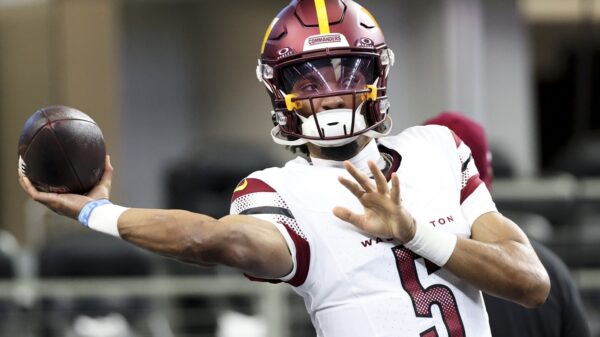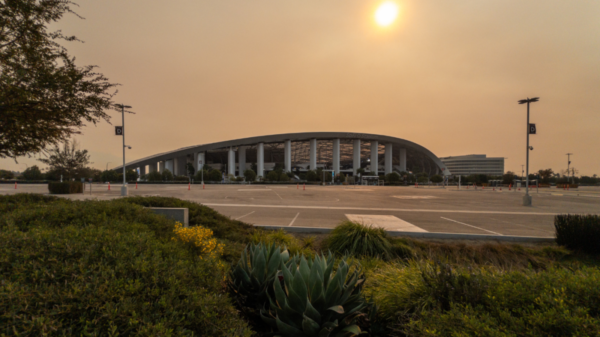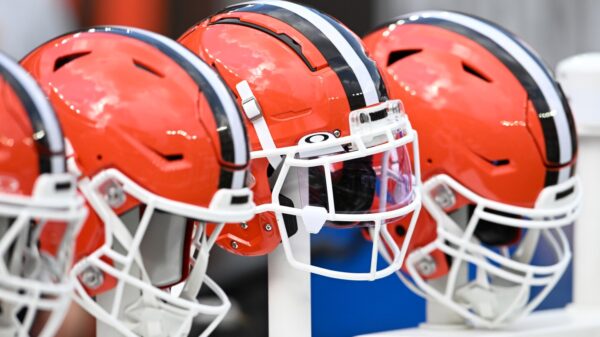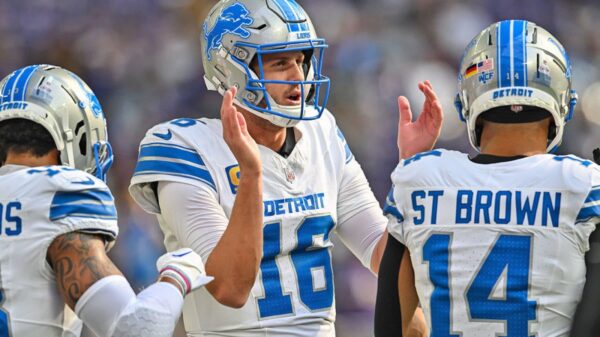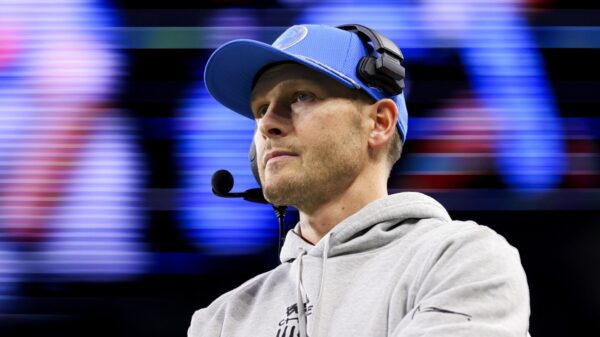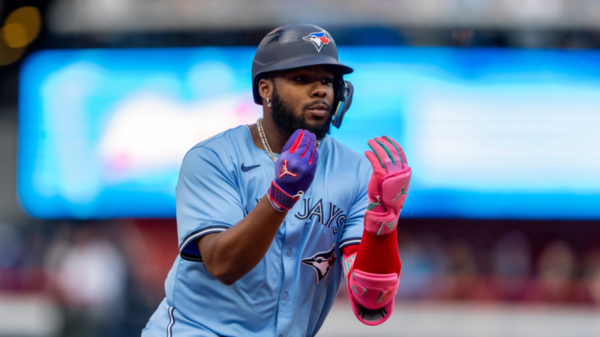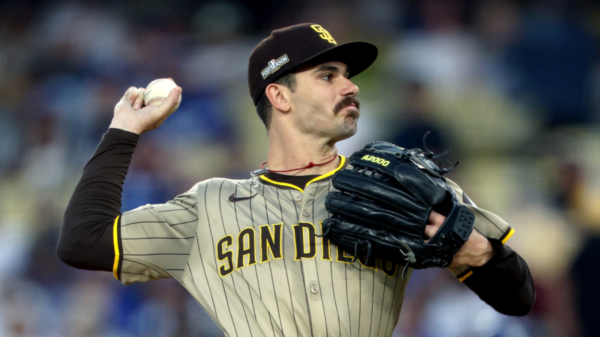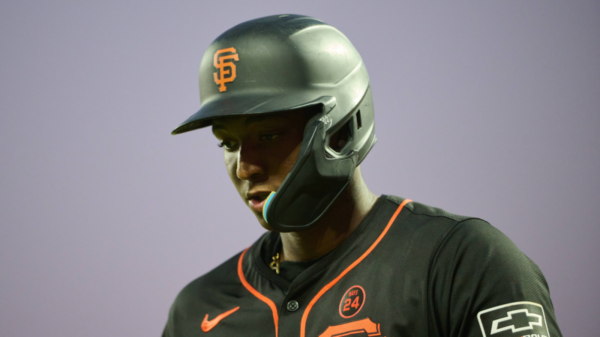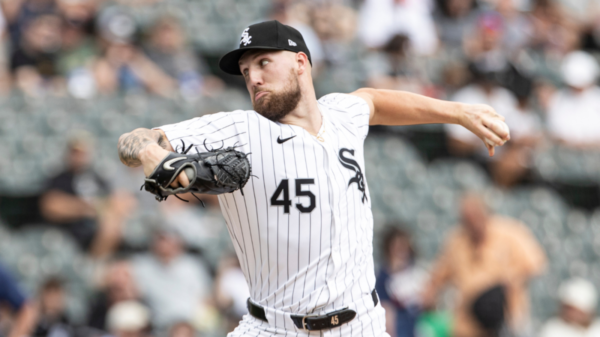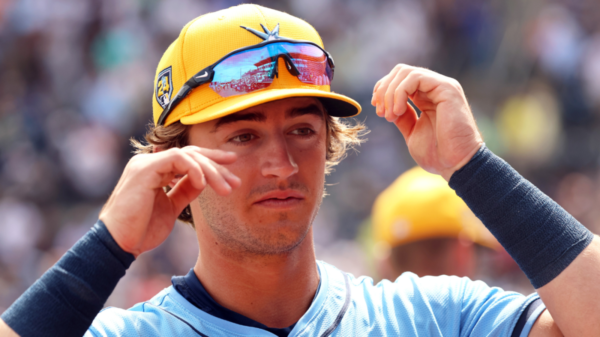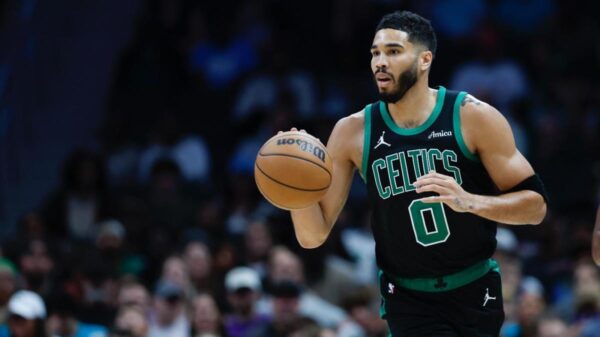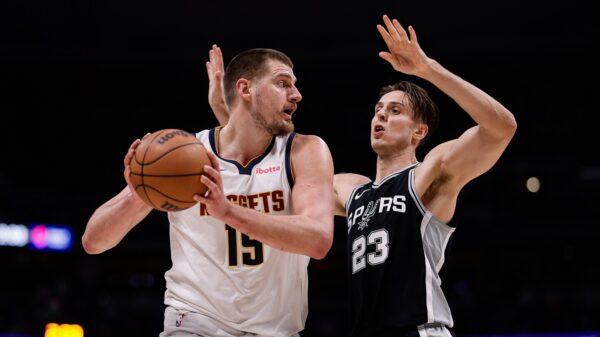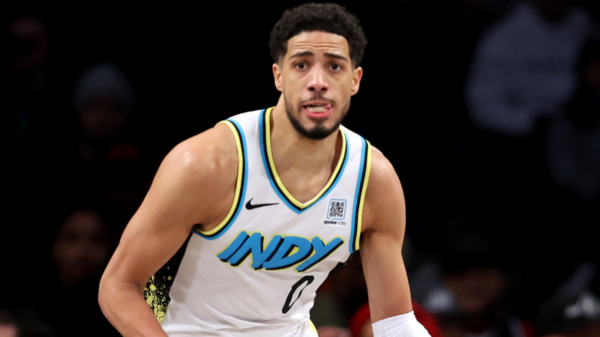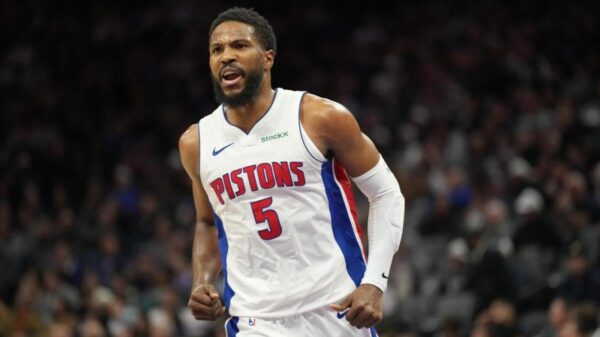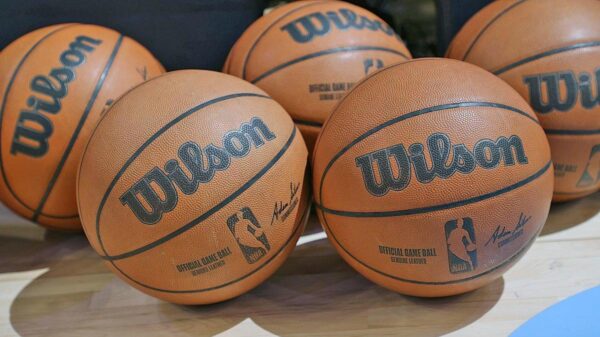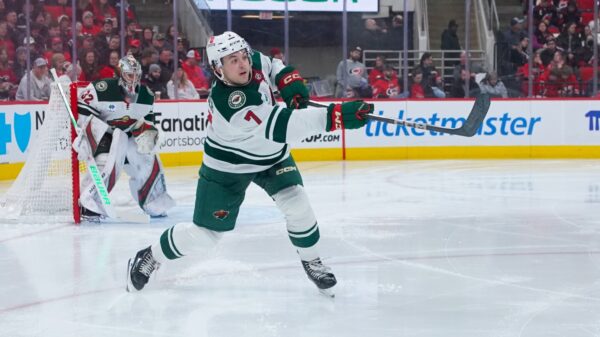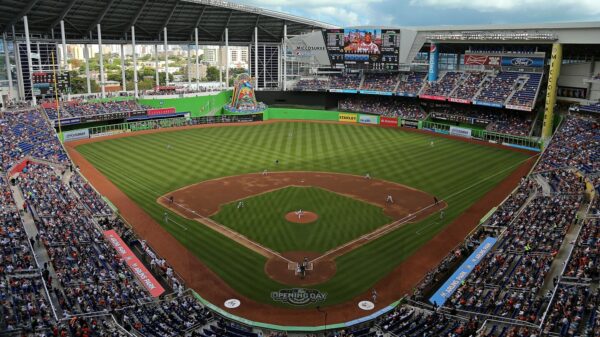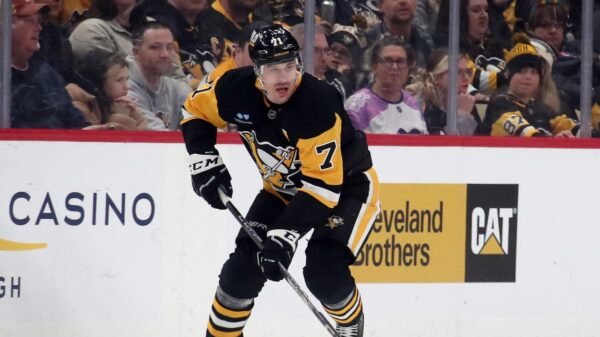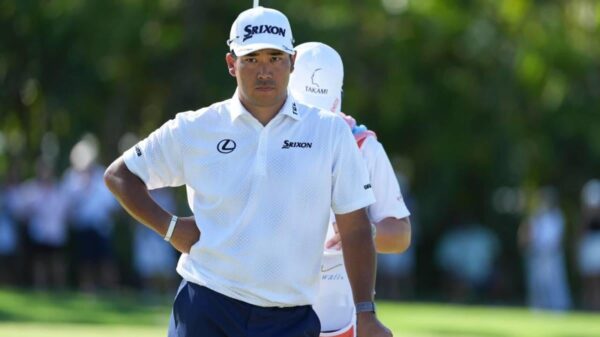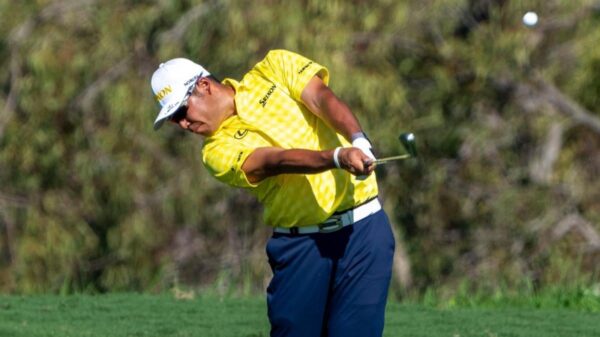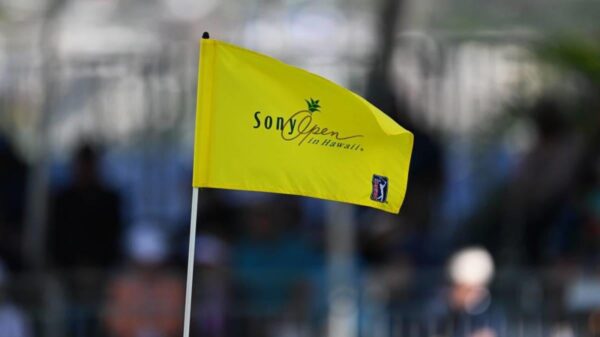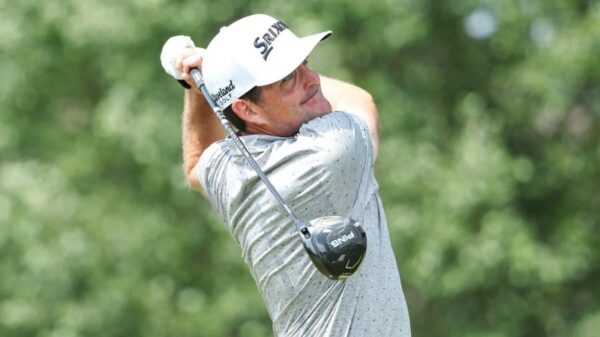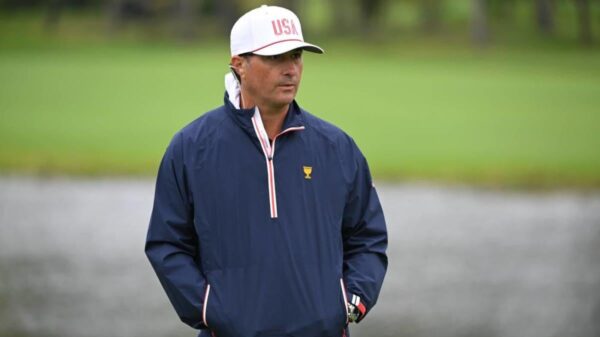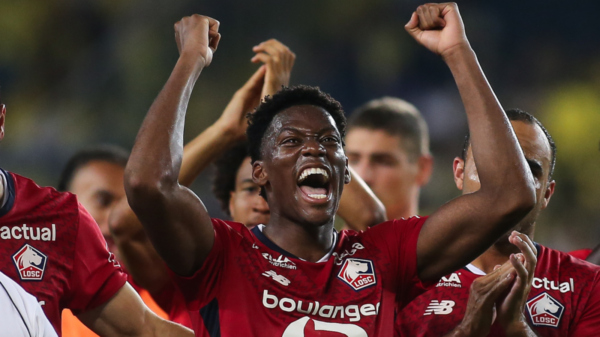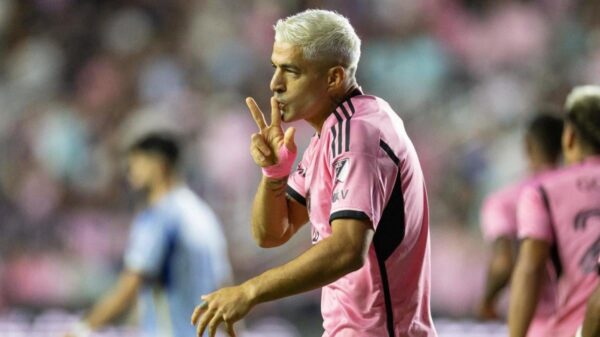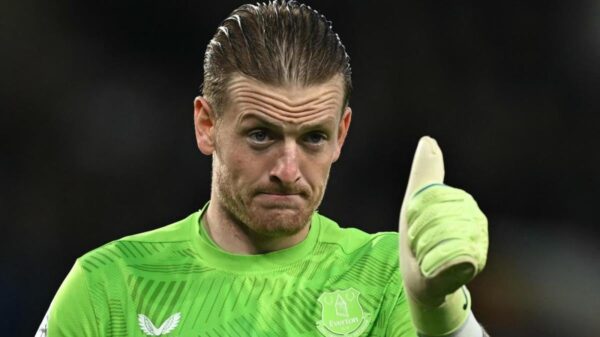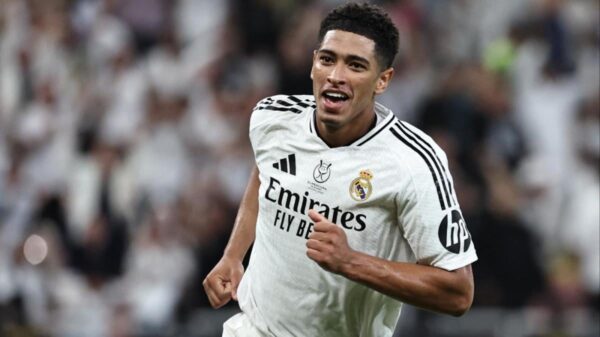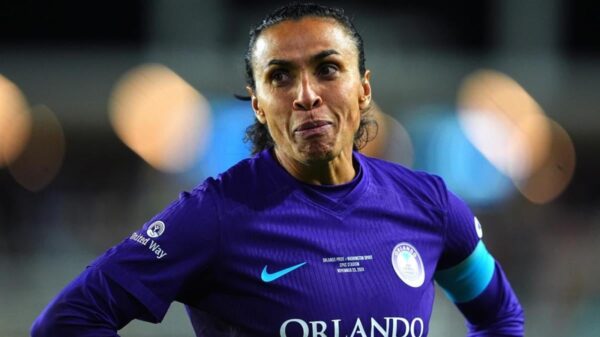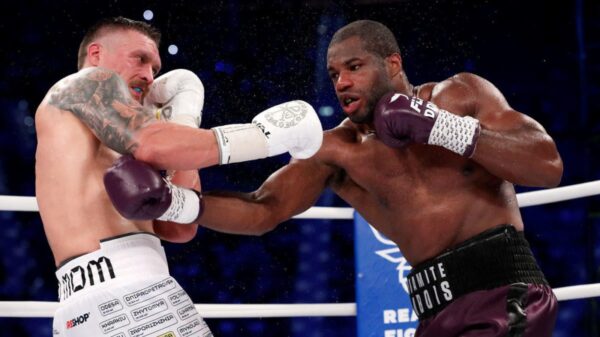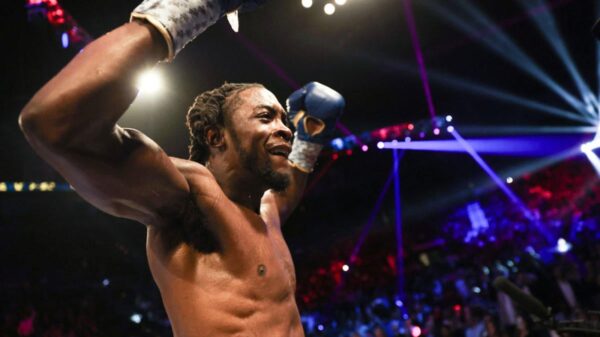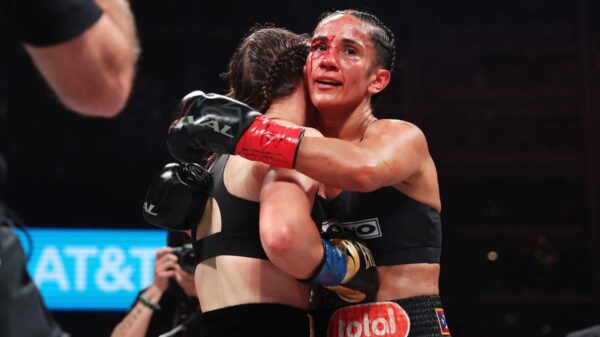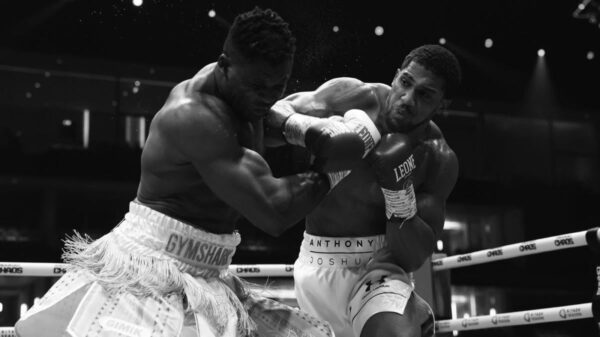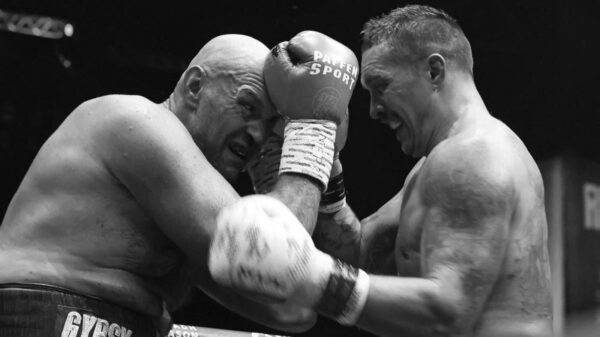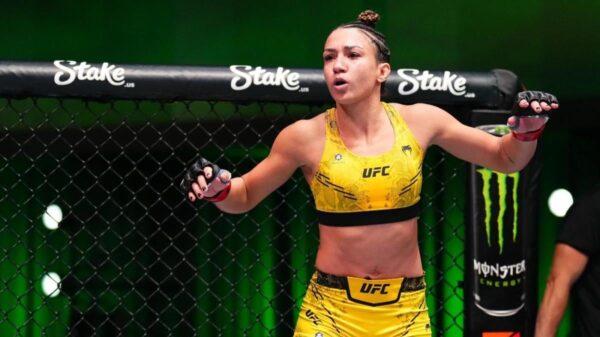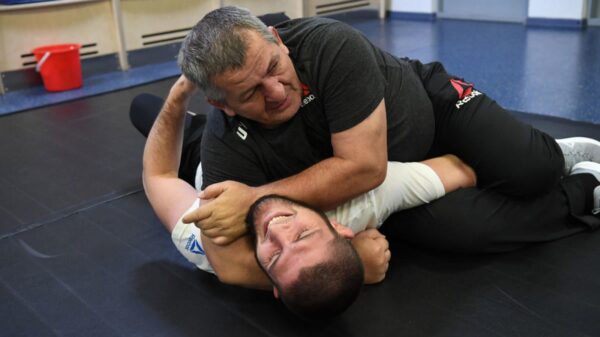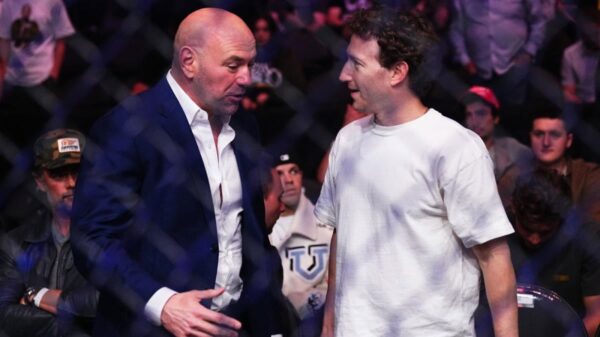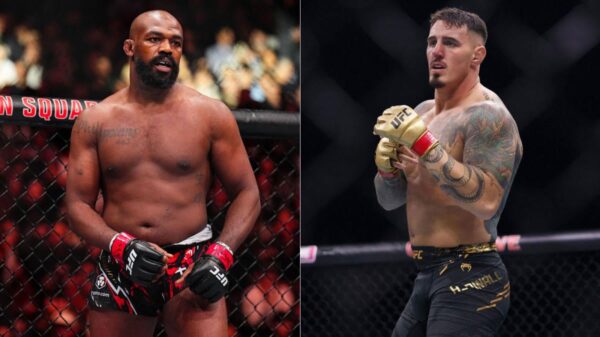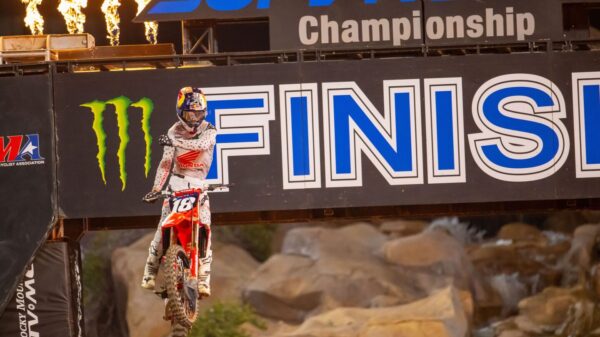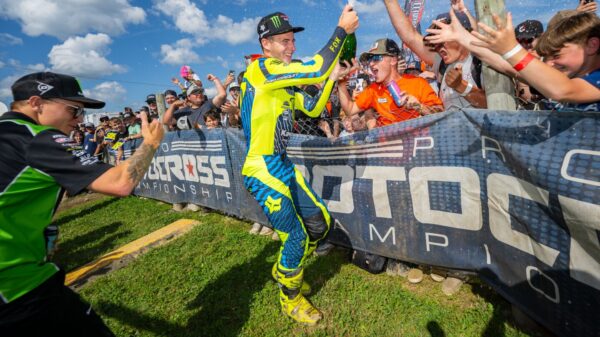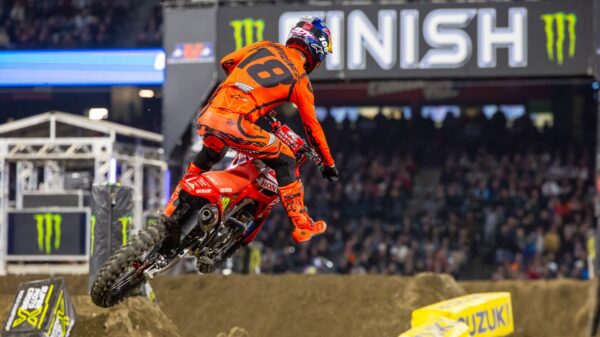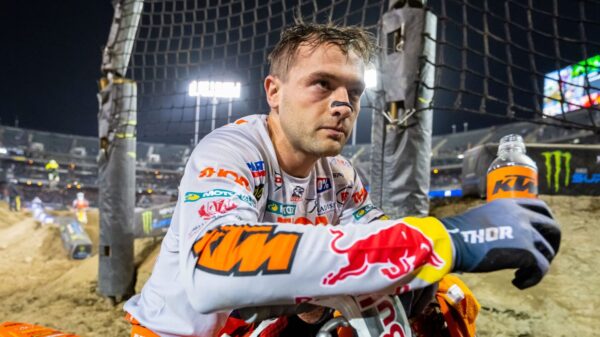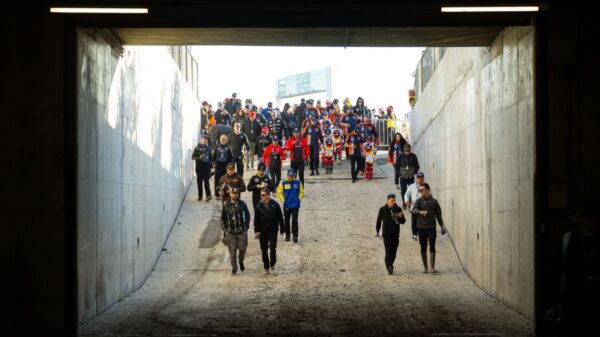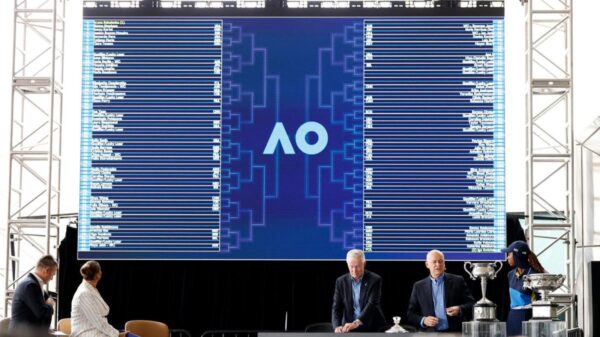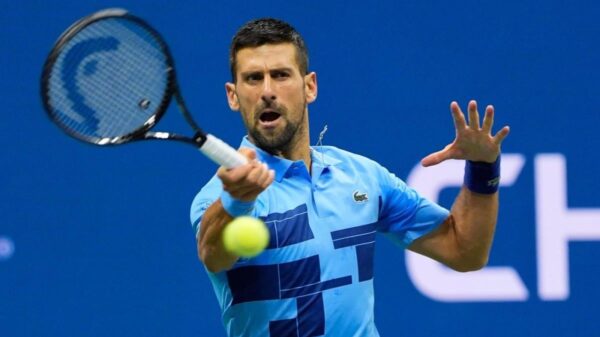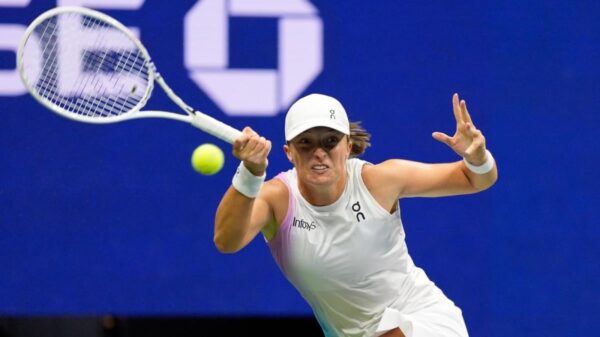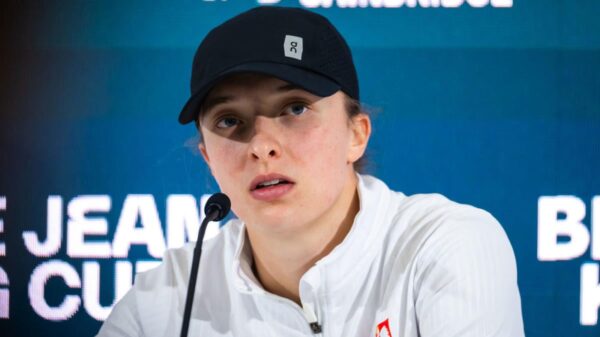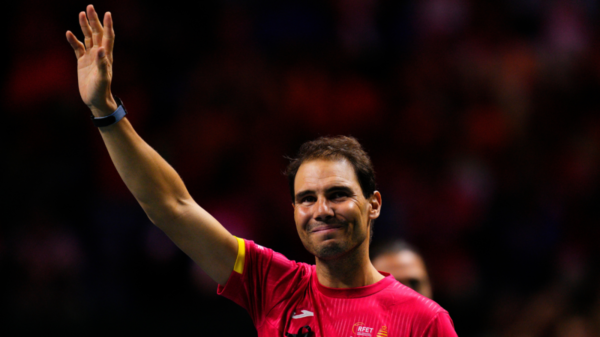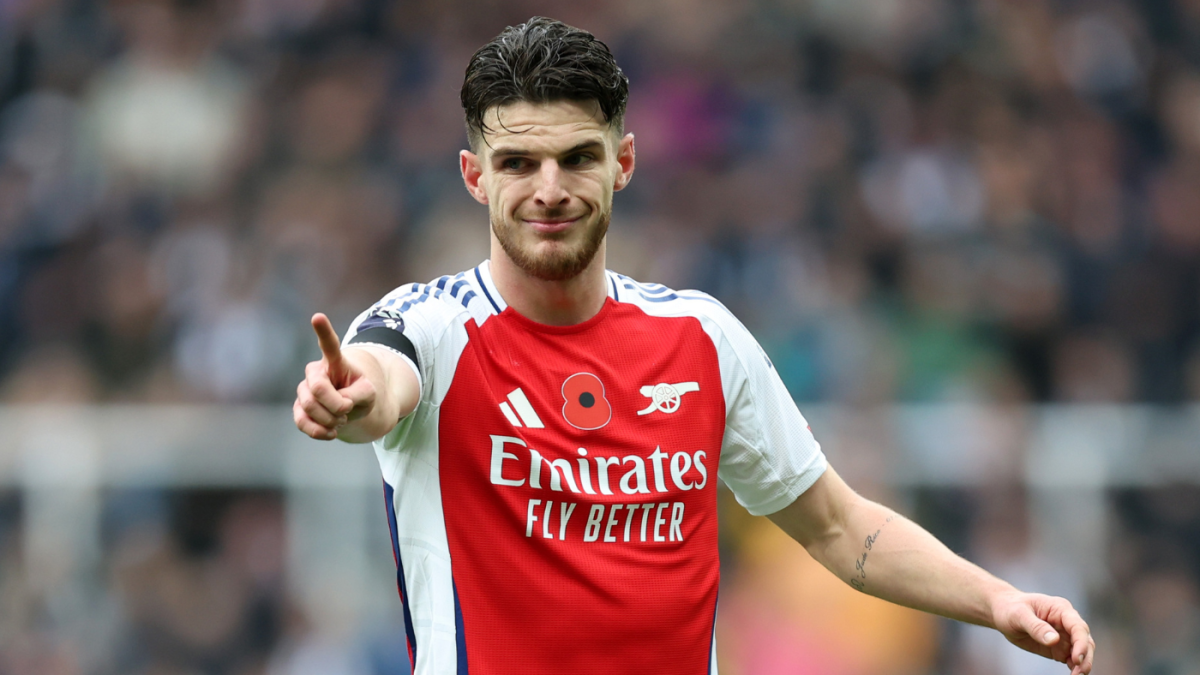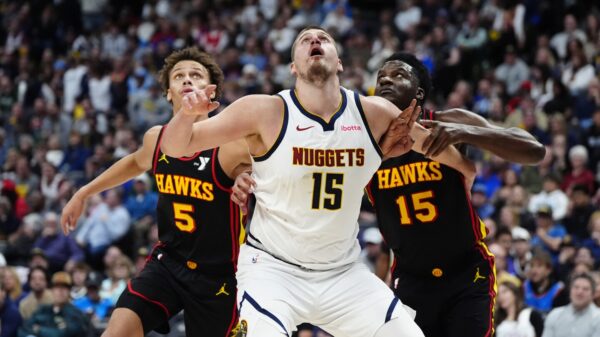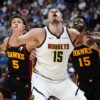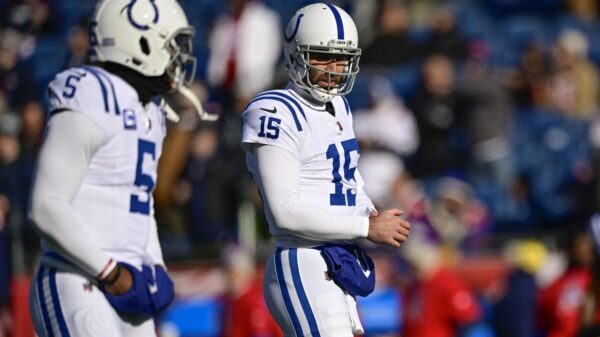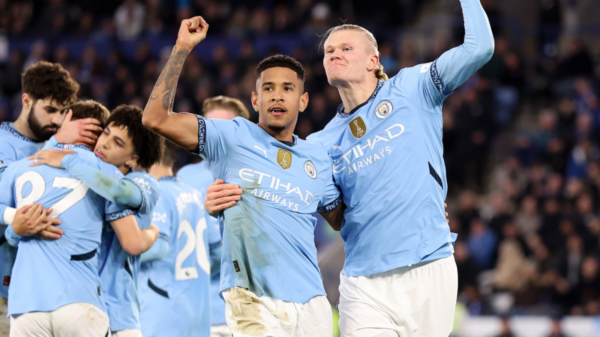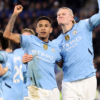The midway point of the Champions League league phase is upon us with plenty of intriguing fixtures ahead of us. Some of those involve last season’s top three in the Premier League and it is their matches that we’re going to dive into in this week’s preview.
Don’t miss any of the Champions League. As always, you can catch all of our coverage across Paramount+, CBS Sports Network and CBS Sports Golazo Network all season long.
Liverpool vs. Leverkusen: Late game magic eludes Germany’s champs
If something has changed at the Bay Arena in recent months, it has not been profound. Bayer Leverkusen may sit fourth in a table they topped from September until the end of last season. That run-breaker against RB Leipzig on the final day of August has quelled the forward thrust of the Bundesliga champions, since then Xabi Alonso’s side might not have been beaten again, but they have won fewer than they have drawn. A team defined by its ability to conjure up last minute winners has even been fleeced by its own slight of hand, Werder Bremen claiming a last gasp equalizer last month, Stuttgart somehow holding out under a barrage of pressure.
What changed? The defence doesn’t seem to be what it was, giving up 1.07 non-penalty expected goals (npxG) per game where last season it was at 0.89. Alonso has proven willing to rotate even in critical defensive positions. Only Jonathan Tah has started every game in league, cup and Europe and even Granit Xhaka has been placed on the bench for a Champions League road game. Leverkusen may have got to the domestic finish line undefeated last season but there were times in April in particular where they looked to be running on fumes. Alonso could well be (reasonably) preserving his bodies for the business end of the Bundesliga and Champions League.
If there has been a step back off the ball it has also been robustly punished, the 11.2 npxG allowed resulting in 15 goals conceded for a team whose scoring output is on par with their xG. In the Champions League, they look more like their peak version (in what is admittedly a small sample size). Brest, Milan and Feyenoord have got shots worth just 2.25 npxG on the Leverkusen goal. It took one of the strikes of the tournament from Pierre-Lees Melou to end their clean sheet streak in matchweek three.
Are Leverkusen simply picking their battles? Maybe. But you might even make a case that they lack a little bit of the oomph with which Leverkusen attacked their title defense. Once the dreams of the unbeaten season was brought to an end, who could blame the champions if they just eased up? Certainly there were few if any occasions last season when Alonso could have labelled his defense “sloppy,” as he did after the draw with Werder Bremen.
The goals didn’t come, but the performance improved significantly against Stuttgart, “one of the best games by us this season” as Jonas Hoffmann put it. They will surely raise the intensity for Anfield too. “These are the games we worked for last season, to experience things like this,” said sporting director Simon Rolfes.
Don’t doubt Leverkusen’s performance will be up to scratch against Liverpool. What might be missing is that collective spark that seemed so irrepressible last season. This team kept delivering at the death because they knew they would. They created their own sense of inevitability. That can only be sustained for so long. Without it Leverkusen are still very, very good, but they are mortal.
Sporting vs. Manchester City: Heavy legs slow Guardiola’s side
What better opportunity could there be for Ruben Amorim to ingratiate himself with his soon to be supporters in the red half of Manchester. “If the result is negative, expectations will drop,” he joked in his pre-match press conference, “but if we win then they’ll think the new Sir Alex Ferguson has arrived!” He might have as good a chance as he could realistically wish for to burnish his standing at Old Trafford because, right now, Manchester City look exhausted.
Andoni Iraola’s Bournemouth can certainly make their opponents look more leaden-footed than they are, Antoine Semenyo and Marcus Tavernier hurtling up and down before anyone in sky blue has had a chance to take a touch and assess their options. The same wouldn’t be said of Wolves or Southampton, however, and City contrived to turn them into slogs to the finish line.
Pep Guardiola has always managed to stretch a thin squad without any holes emerging like a nonna making linguine. This season, however, there are too few players and too many problems. Entering their 30s, Mateo Kovacic and Bernardo Silva need their minutes carefully managed. Instead they are hardly getting a break. Kovacic has played the full 90 in the last five Premier League matches, 86 in the other. The plan appeared to be to rest Silva against Brentford, he was needed to see out that game and hasn’t missed a league minute elsewhere.
If it hadn’t been for a couple of soft games in the Champions League this squad might already have snapped. As it is, Guardiola is already having to ask a lot from his core. When he revealed that Kyle Walker had trained for only six minutes in the run up to Bournemouth, the temptation was to respond “aye, you can tell.” Semenyo certainly could.
“Since I returned this season after the Euros, he’s trained in maybe four or five sessions,” said Guardiola. “So he can play without training because of his human condition, the physicality – it’s incredible. But of course he needs to be back in the routine of playing games and focusing on what we have to do.
“I appreciate a lot the effort he has done to come back. The last 16 days since the last game he played with the national team with England. Arrive, didn’t train once except yesterday six minutes, in the boxes. Six minutes.
“Then [on Saturday] he played 90 minutes against Semenyo and all the fast players. It is not easy. He is our captain, and we need him back to his best and step by step hopefully he can reach it.”
Meanwhile this ageing squad needs taking care of. As Guardiola rightly noted, his players are being asked to play NBA-esque seasons with three weeks of rest, not four months. In such circumstances, Kevin De Bruyne is his Kawhi Leonard. You’re going to have to do all you can to keep him in shape for the close of the season.
“It’s been a month and a half, and the game [against Bournemouth] was so demanding,” said Guardiola of De Bruyne, an unused substitute on Saturday after returning from a thigh injury. “Maybe in the last 10 or 15 minutes for us we could have [brought him on], but especially with Kevin I try to [look] after him.
“Of course we need him, and he will be back. [We will] try to [ease him back], in the right moment, and in the right [place] to do it.”
None of which suggests that De Bruyne will be straight back into the XI in Lisbon. Nor will Ruben Dias be available. Jeremy Doku might have returned to the bench and Savinho will probably be in contention, but those two can only take the load off so many. They can’t cover for a backline where Nathan Ake looked exhausted, where Rico Lewis is carrying a sizeable minutes load for a youngster. Coming up against a Sporting side who got another night’s rest after a comfortable win and whose manager has quite the point to prove, this could be a grueling encounter for City, strong favorites though they may be.
Inter vs. Arsenal: Arteta changes something
What damage a few defeats can do to the mood around a club. It would be fair to say that defeats to Bournemouth and Newcastle have prompted more external questions than internal, but results aren’t what they were and in, somehow, unrelated news, the sporting director is on the way out. A stinking display at St. James’ Park doesn’t suddenly mean trouble lies ahead, but now is the time to check any negative momentum before it starts building. That is more likely to be accomplished in the training field than the boardroom.
What passes for turmoil at Arsenal dates back to one clear moment. As Martin Odegaard’s ankle rolled into an agonising position while he was off with Norway it was apparent something would have to change with Arsenal. Even a manager as reticent with the media as Arteta did not even momentarily attempt to hide the importance of his captain to Arsenal’s identity with and without the ball.
In letting Emile Smith Rowe and Fabio Vieira leave, the latter temporarily, Arsenal had gambled on Odegaard’s availability and Arteta’s willingness to trust teen talent Ethan Nwaneri. Both seem to have backfired, the latter yet to start a Premier League game no matter how much he impresses in other contexts. If it seems harsh to question any manager’s unwillingness to chuck in a 17-year-old, it should be said that Arsenal put themselves in a position where he was the Norwegian’s backup.
Instead of sticking with the patterns and system in which Odegaard is the central player, Arteta has returned to a plan that served him well with his No.8 in the side. Leandro Trossard and Kai Havertz as a pair of free roaming central forwards in a 4-2-4, the creativity burden shared with opportunities for both to create and finish. On occasion it has worked, most notably Trossard’s brilliant cross for Havertz in the win over Paris Saint-Germain. In the first half against Liverpool you could see another facet of its efficacy, Havertz dropping deep and taking Virgil van Dijk with him so that Bukayo Saka could get at Andrew Robertson one-on-one.
Still, those moments have the look of exception rather than rule. Beating Shakhtar was an almighty slog. Only desperate urgency saved the system against Leicester and Southampton. Inter would surely be inclined to follow Newcastle’s strategy from Saturday. Let the Arsenal strikers go where they want. What exactly are Trossard and Havertz going to do if they pick the ball up on the edge of the final third? Neither have Odegaard’s eye for a through ball, nor are they particularly likely to blow past two or three men. If they stay high there’s no great cause for concern either. The gaps between Arsenal’s midfield two and front four tend to be too large for the more prosaic Mikel Merino and Declan Rice to slide passes.
TruMedia
Whatever happens, Arsenal will just end up cycling the ball out to Saka and Gabriel Martinelli. Double up on them and you’ve gone most of the way to quelling Arsenal. Even Saka can only overcome so many defenders.
Against Newcastle, Arsenal only began to cause some threat around the penalty area when they drifted back to their more standard 4-3-3, Nwaneri taking on the Odegaard role while Ben White offered more threat as an overlapping right back than Thomas Partey can. The attempts to slip players through on the right corner of the penalty area didn’t quite pay off – the automatisms aren’t quite there in this team – but the under and overlapping kept Newcastle occupied enough that they started to sag off Saka, who delivered several vicious crosses in the closing stages.
Perhaps, then, the solution is to go back to a system that worked before. Perhaps it is to gamble on Odegaard’s fitness for the toughest match of the Champions League league phase. Maybe there is a secret third one. Something has to change though, the current setup appears to have been twigged. It is one thing to keep rolling out Plan A when you have players as outstanding as Odegaard to execute it, another without him.
Read the full article here

